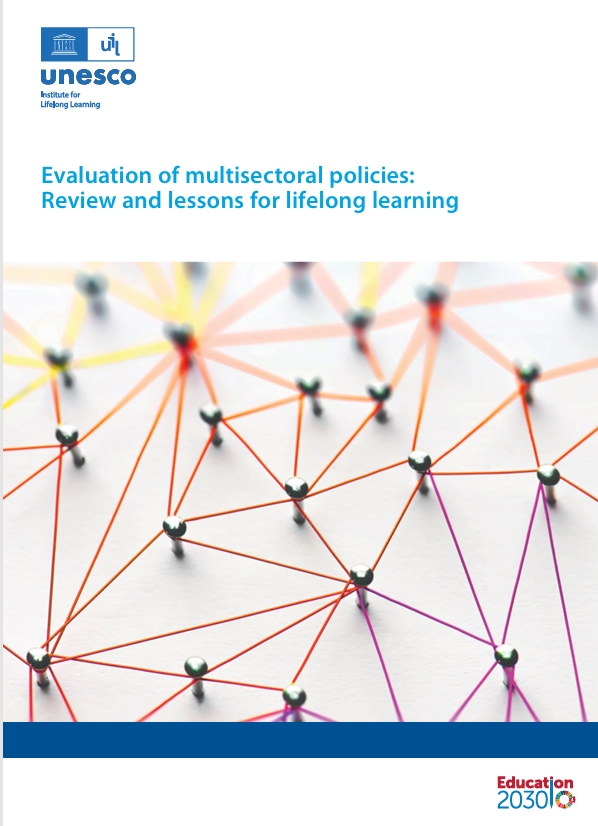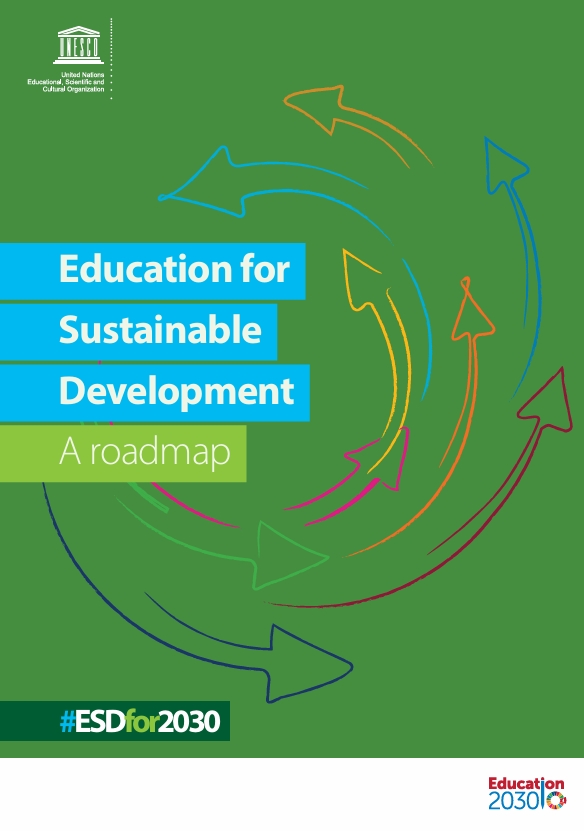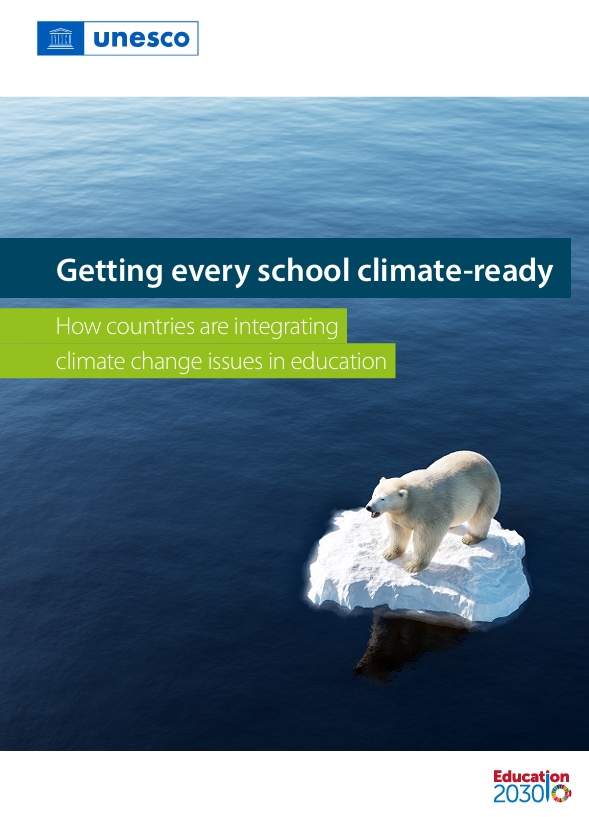The UN Sustainable Development Goal (SDG) 4, guided by the Education 2030 Framework for Action (FFA), enjoins UNESCO Member States to "ensure inclusive and equitable quality education and promote lifelong learning opportunities for all" through the achievement of 10 targets (UN DESA, 2022). The UNESCO Institute for Lifelong Learning (UIL) plays a pivotal role in this regard through its support to Member States in three main areas: policy support, capacity development, and research.
It is important to acknowledge that lifelong learning (LLL) and education are main drivers of sustainable development and make a critical contribution beyond SDG 4, impacting on all 17 SDGs. In addition to education (SDG 4), for example, it is linked to issues surrounding gender (SDG 5), health (SDG 3), decent work (SDG 8), climate action (SDG 13), and inclusive cities (SDG 11).
This underscores the intersectoral characteristics of LLL and highlights the inaccuracy in viewing it as the domain of any one sector. For this reason, UIL has recently published Making Lifelong Learning a Reality: A Handbook (UIL, 2022), which has been developed to broaden Member States' understanding of LLL as a multisectoral issue that demands a multisectoral policy response.
As noted in the handbook, the goals and targets of the 2030 Agenda are intended to represent an integrated policy response to urgent challenges. This means that the key dimensions of sustainable development—economic, social, cultural, and environmental—must be considered holistically, as interconnected parts of equal importance. Failure to progress in one area of the agenda will hamper progress in the others. The capacity of LLL to build bridges between different types and levels of education and learning, between different actors and institutions, and, crucially, between different life spheres and policy contexts, therefore becomes particularly relevant (ibid., p. 21).
The present review was commissioned to complement the handbook and the toolkit, with a sharper focus on evaluation. Preliminary research undertaken by UIL suggests that evaluation practices in the field of LLL are uneven or, more often, non-existent. For UIL, this is both a policy gap and a strategic opportunity.
While the handbook provides guidance to Member States on how to design and implement intersectoral and multisectoral policies in the context of LLL, UIL believes it is equally important to give Member States guidance on how to conceptualize the evaluation of such policies. In many jurisdictions, the practice of applying a multisectoral lens to policy design generally, and to LLL in particular, is an emerging area.
Numerous factors enable and facilitate multisectoral and intersectoral action, including political will; good governance; a clear mandate; sufficient resources, data, and evidence; and the capacity and capability to design and implement innovative approaches to policy development. Without these factors, it can be hugely challenging for Member States to convince a diverse set of stakeholders of the benefits of cross-sectoral collaboration. This report is thus intended to serve as a guiding document to help Member States plan, design, and implement evaluations of LLL policy initiatives, identify what works well and what doesn’t, and thereby inform policy-makers' decisions for strengthening their efforts in this regard.






